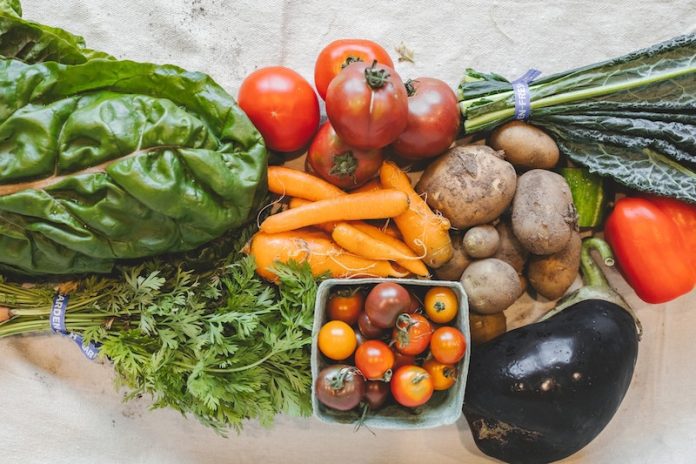
Kale, the curly, vibrant green leaf, has rapidly risen in the world of health and nutrition.
While it’s been a staple in many diets for centuries, it has recently gained immense popularity, especially in smoothies, salads, and even as crispy snacks.
But what’s behind this green’s superhero status? Let’s explore the health benefits of kale in a way that anyone can understand.
Kale: A Brief Backstory
Before diving into its benefits, let’s travel back in time. Kale, belonging to the cabbage family, has ancient roots. People started munching on this leafy green over 2,000 years ago.
Native to the Mediterranean region, it soon spread to different parts of the world. Through the ages, it’s been a reliable source of essential nutrients, especially in tough times when other veggies were scarce.
Today, when you wander the aisles of your local grocery store or explore the offerings at a farmer’s market, you’ll most likely stumble upon this glorious green. And there’s a good reason for its prominence on the shelves.
Unpacking the Health Boosts
Kale is like a loaded treasure chest of nutrients. Here’s what makes it so remarkable:
Vitamin Vault: Kale is exceptionally rich in vitamins. A single cup can give you more than your daily requirement of Vitamin K, which helps in blood clotting and bone health.
It’s also a great source of Vitamin A, essential for good vision and a healthy immune system, and Vitamin C, which is great for skin health and immunity.
Mineral Mine: This green wonder is rich in several minerals too. It provides calcium (good for bones), potassium (which can help maintain healthy blood pressure levels), and magnesium (essential for numerous bodily functions).
Fiber & More: We often hear about the importance of dietary fiber. Well, kale is a good source of it. Fiber helps in digestion, keeping our gut happy.
It also helps in maintaining healthy cholesterol levels. Besides fiber, kale has antioxidants – nature’s warriors that fight off harmful substances in our body.
These include beta-carotene and quercetin, known for their health-boosting properties.
Calorie-light, Nutrition-heavy: Here’s the magic of kale. It’s incredibly low in calories but rich in nutrients. This means you can eat a good amount of it without worrying about packing on extra weight.
Incorporating Kale into Daily Diet
Now that we’ve uncovered the benefits of kale, the next question is, how can we add it to our meals? The beauty of this vegetable is its versatility.
Smoothies: For those on-the-go mornings, blend some kale with your favorite fruits, a scoop of yogurt or almond milk, and a dash of honey for a nutrition-packed drink.
Salads: Tear those leaves, toss them with some nuts, feta cheese, cherry tomatoes, and your choice of dressing. You have a crunchy, delightful salad ready!
Snacks: Ever tried kale chips? They’re the rage nowadays. Drizzle some olive oil, sprinkle a pinch of salt, and bake them until they’re crispy.
Soups & Stews: For those colder days, adding kale to your soups or stews not only provides a nutritional punch but also enhances the texture and flavor.
Conclusion
Kale, without a doubt, has rightfully earned its status as a superfood. Whether you’re looking to boost your vitamin intake, seeking healthy weight management options, or just wanting to explore new greens, kale is a fantastic choice.
The next time you see this curly leaf at the store, give it a nod of recognition for all the wonderful health benefits it brings to the table. And maybe, add it to your cart too!
Follow us on Twitter for more articles about this topic.
Copyright © 2023 Scientific Diet. All rights reserved.





